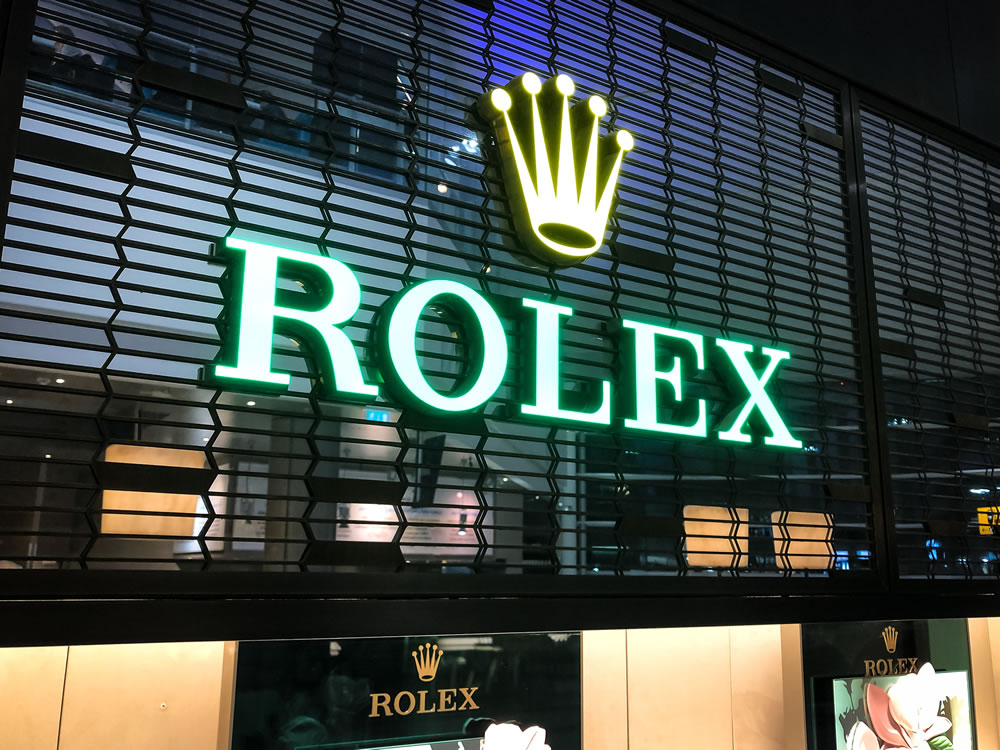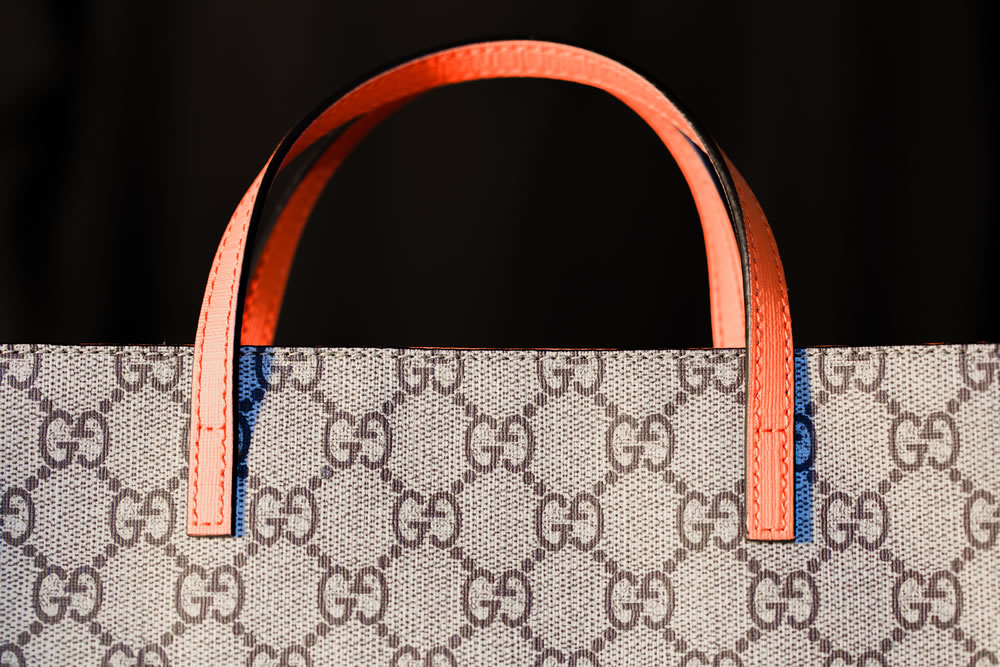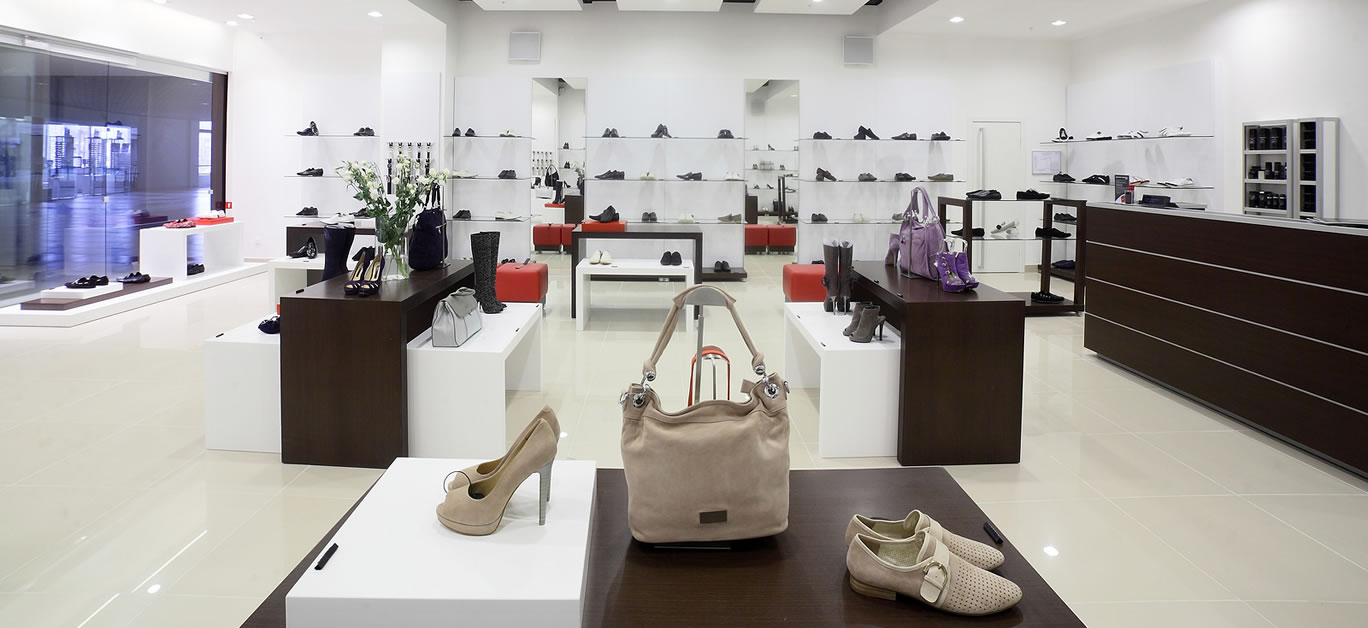The past year has been a turning point in the world of business, with the ongoing Covid-19 pandemic causing huge numbers of people to take stock and reevaluate their lives as well as their desired direction moving forward. The lack of guaranteed job security and economic stability at any given moment in time has become abundantly clear, and with more time at home on our hands than ever, it’s little wonder that many have taken the opportunity to start, or prepare to start, their own business endeavours, and create additional streams of income that are reliant only on their own individual success.
Boosting and generating more income has become a greater consideration, and the online space has long been revealing itself as the most profitable place to do so. In the face of great adversity, we’ve seen everyone from budding new entrepreneurs to seasoned business pros taking the leap with the global luxury market, in particular, seeing a huge spike in interest, with a record number of new high-end brands starting up each day. As a market that is estimated to be worth upwards of $1 trillion per year, it’s little wonder that it’s proving such a popular choice.
Heritage luxury brands, such as Rolex, Ferrari and Gucci have become household names over the years – amongst the affluent, at least – and it seems that many now want a slice of the pie. Although such names have no doubt felt the impact of the pandemic, they have nevertheless weathered the storm far better than most, making for an attractive prospect for those looking for a future-proof business that has the potential to make them millions.
Even so, with more luxury brands out there than ever before, standing out from the crowd and building the kind of reputation these age-old brands – which have become a symbol of style, opulence, and outrageous riches over the years – is tougher than ever, and even newcomers that predate the pandemic might be struggling to get it right.

So, what do luxury brands need to do to cement themselves as the world slowly but surely begins to open up again in 2021 – and what will it take to succeed?
Adapt, adapt, adapt
With businesses around the world forced to adapt quickly to the occurrences of the past year, many have now become dab hands at becoming chameleon-like, and this will need to continue as we navigate a new kind of normal in 2021. Many bricks-and-mortar businesses have been forced to shut up shop indefinitely, seeing the vast majority move online – something which has been on the cards for a long time, and is now essential for those looking to see long-term success – and local SEO services in the UK have reported a huge spike in demand from brands with a renewed sense of dedication to dominating this space.
Although we can expect to see regular life resuming later this year, the need to adapt will never relent, and with constant advancements in the technological world and an ever-increasing demand for convenience from luxury customers, keeping abreast of the latest trends is essential.

With the rise of home AI, voice searching has fast become a key trend that luxury brands will need to capitalise on if they want to see the greatest success. According to a report commissioned by Google, 27 per cent of the global population with internet access now uses voice search, and that number is rising. Add to that the findings of Adobe, which determined that 50 per cent of all online searches are now done by voice, and it’s a trend that simply can’t be ignored.
By 2022, voice search is projected to become upwards of a $40 billion industry – and those who don’t act now will likely lose out on a significant amount of profit in the long-run.
Go green or go bust
It’s not technology that luxury brands will need to keep up pace with – it’s the direct demands of their customers, too. As the world becomes increasingly socially and environmentally conscious, the desire to buy from brands who make a positive impact on the planet is rising, and affluent customers are no longer fooled by the green-washing employed by many companies over the past decade to make themselves appear more sustainable than they really are.
Generation Z, in particular, will increasingly demand greener and more sustainable practices, as well as ethical sourcing and manufacturing, from the brands they buy from, and it is now imperative that brands take them seriously in order to cement their futures. Luxury, it seems, is no longer enough, and those who fail to include a sustainable element to their core marketing strategy must prepare to fail all round.

Some of the biggest name luxury brands on the block have led by shining example, offering plenty of inspiration when it comes to how to get it right. Gucci’s partnership with TheRealReal to ensure that pre-loved clothing is not wasted and instead, goes to a loving home, won it unparalleled kudos within wealthy Gen Zs and Millennials, while Tesla became the highest-performing automaker in 2020 thanks to its disruptive approach, which has paved the way for a new era of greener and more environmentally friendly motoring.
The bottom line
The secret to success, as always, comes down to keeping up with the latest trends, and from innovative new technology to changing public opinion across a range of different issues, market research and knowing your customer base will be more important than ever. But with such a lucrative slice of the luxury pie available for the taking, 2021 could well become the luxury market’s most stellar year yet – rising from the ashes of the pandemic as something, bigger and better than before.






















